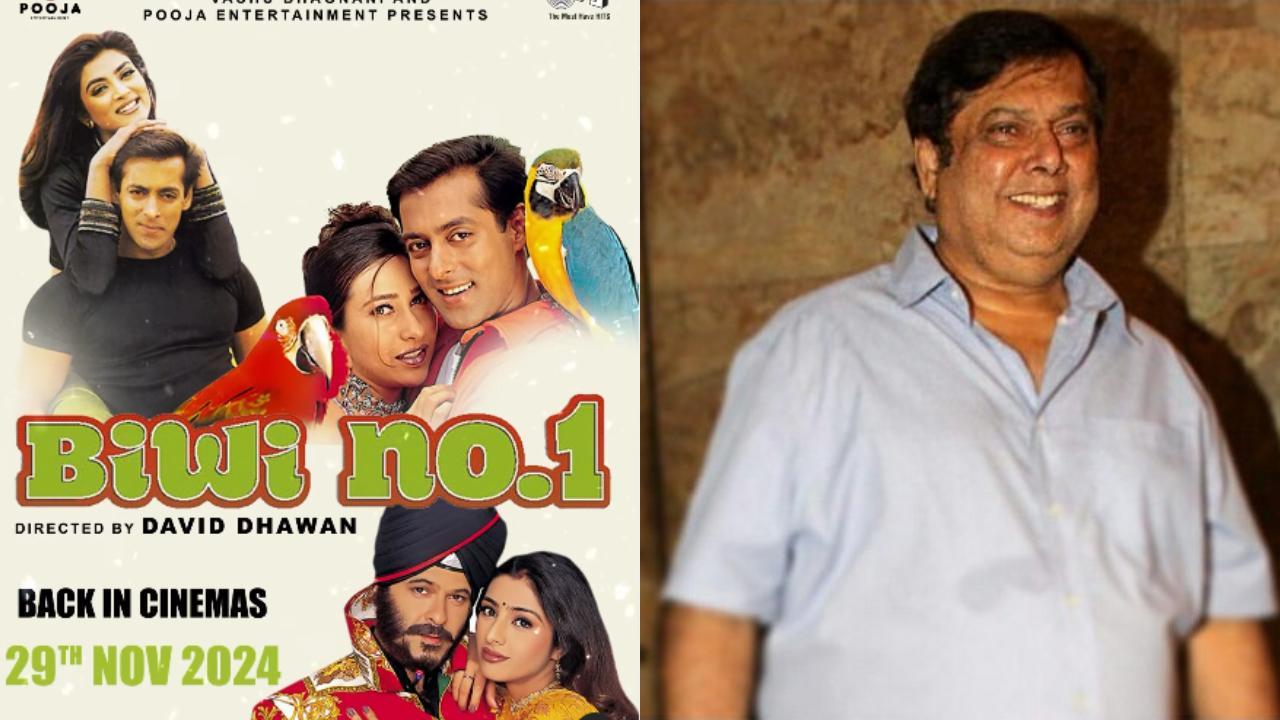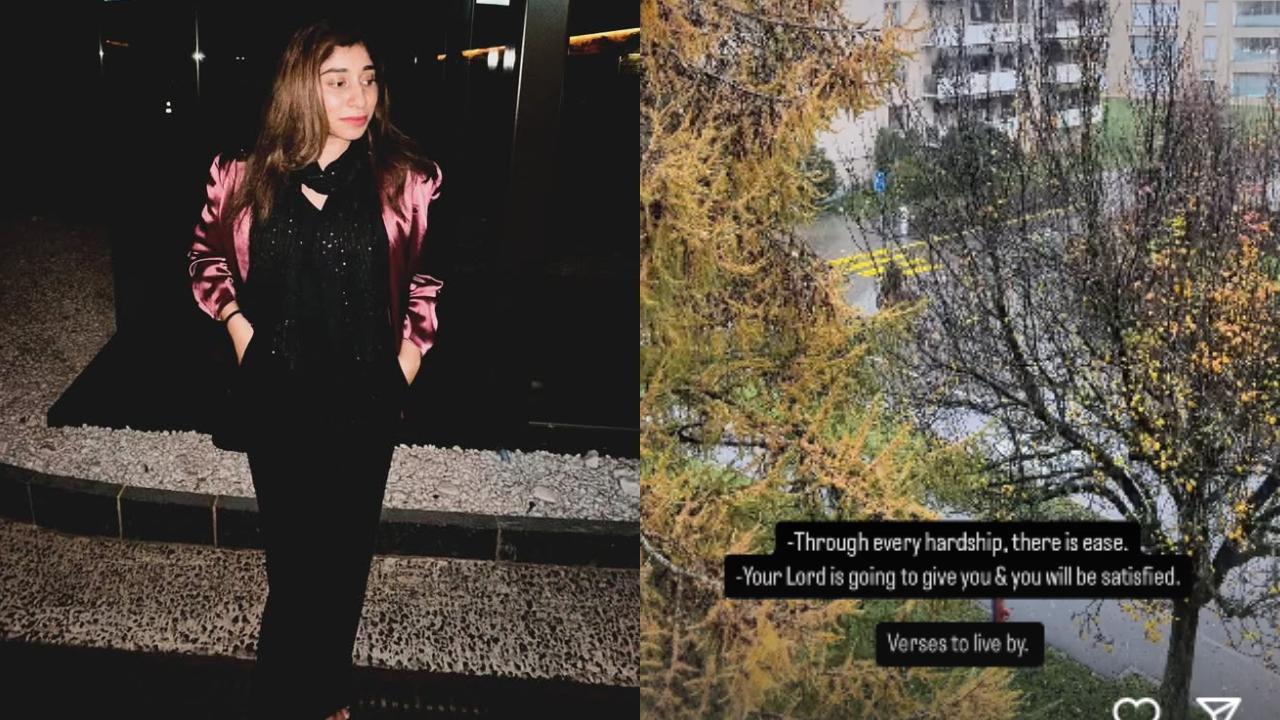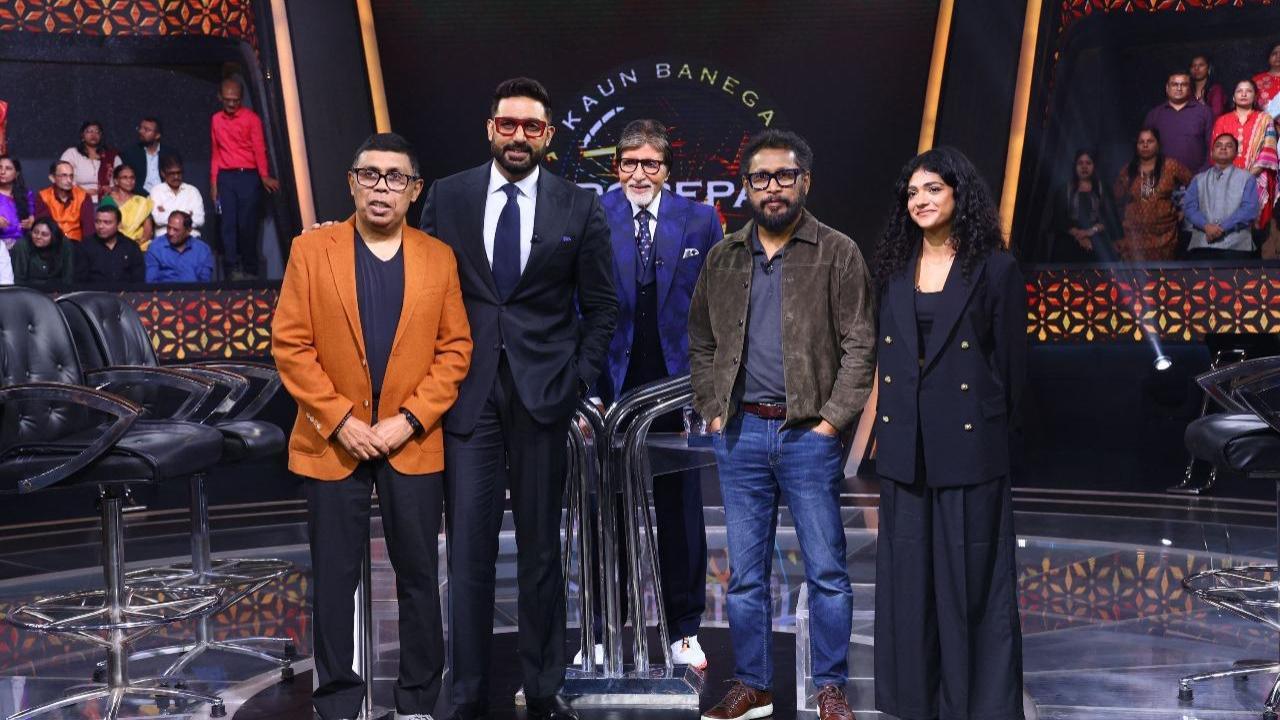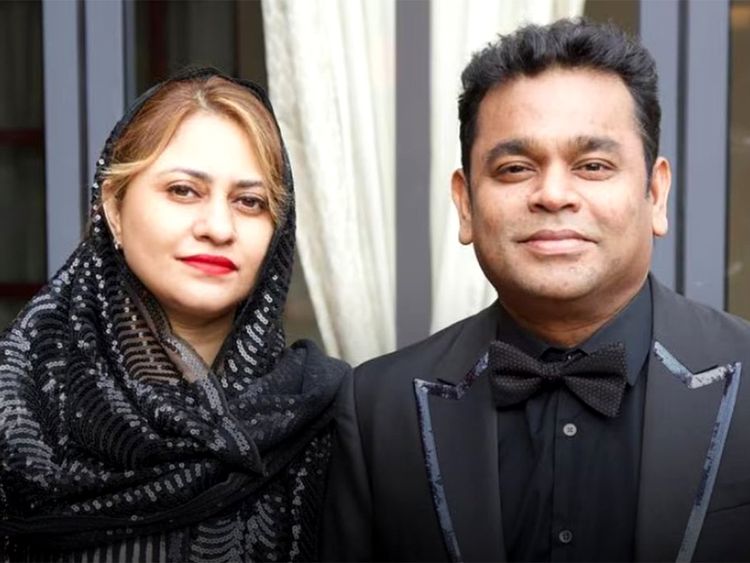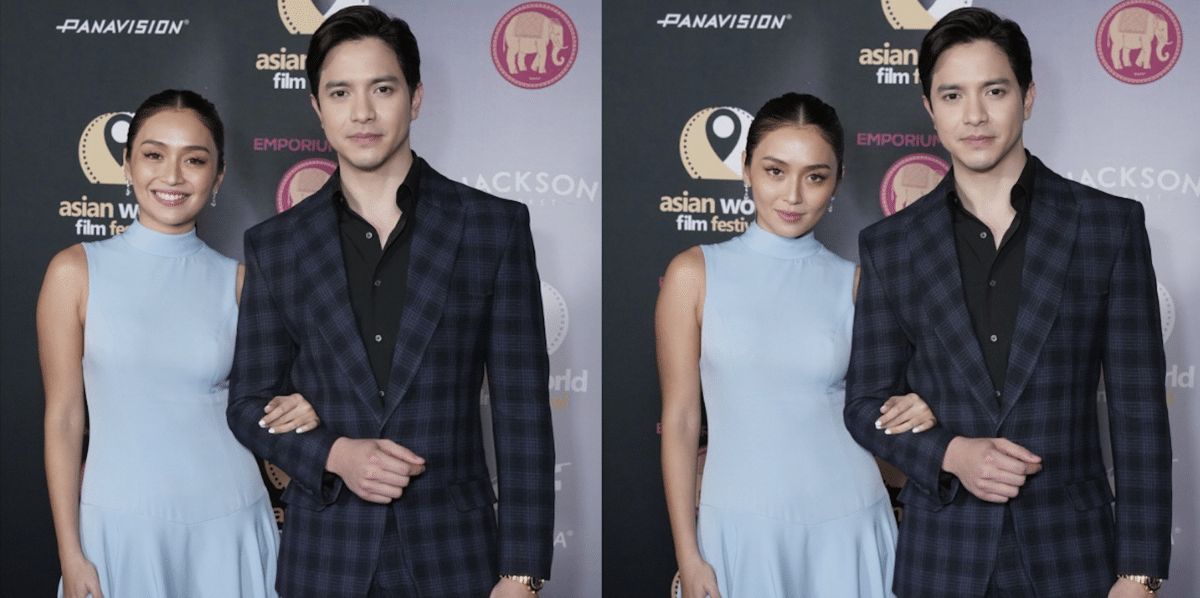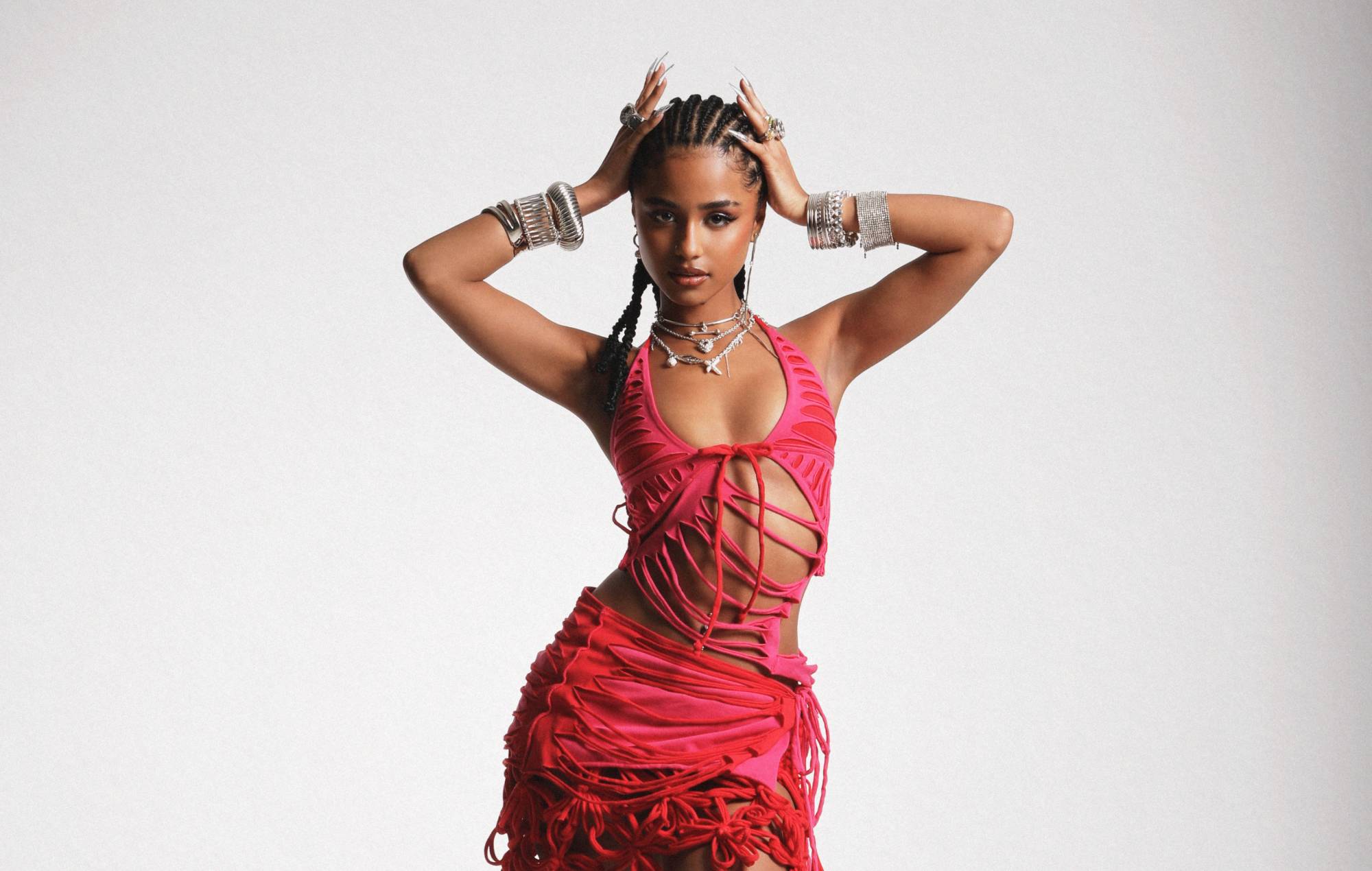
When I was 19 years old, in the early 1980s, I started writing a novel about the daughter of the first female United States president. I don’t think there has been a day since when I haven’t thought about that possibility at least once. When I wrote “The President’s Daughter,” the idea of a female president felt completely foreign.
Geraldine Ferraro would be nominated for vice president as Walter Mondale’s running mate a few years later, but my experience of the concept was limited to Shirley Chisholm’s brief presidential campaign when I was in elementary school. I also saw an execrable, patronizing movie from the 1960s called “Kisses for My President,” wherein Fred MacMurray helped his wife — the little lady who happened to be the president — do her job until she had to retire because she was pregnant. I assume this film seemed groundbreaking when it came out, but to me, it felt embarrassing for everyone involved.
So, as I slouched in front of an old Smith-Corona typewriter in my college dorm room, there were really no viable images of what it would look like to have a woman in the Oval Office. I was an enthusiastic politico who had been stuffing envelopes at the local Democratic Party headquarters since I was a child, so I figured that I Knew Things, and I could just make up what a candidate would need to be like, and how she could win. And when the book was published in the spring of 1984, I figured that sooner rather than later, a woman would win the presidency in the real world.
I was wrong, of course. Years passed, then decades. The prospect of the U.
S. electing a woman as president felt like an increasingly distant goal, even after — maybe especially after — Hillary Clinton’s loss in 2016. But then, like a lightning bolt, Kamala Harris entered the proverbial chat.
These past few months, I have felt like I’m watching my books come to life. And I recently started working for a nonprofit doing relational organizing in North Carolina, trying to help mobilize the community and turn out voters. While they have their differences, in a startling number of ways, Harris and Katharine Vaughn Powers, my fictional president, are remarkably similar.
They share the same energy, joie de vivre and elegant swagger. Watching Kamala Harris in action is like seeing my imaginary president gliding confidently around, owning the stage — especially the scene I wrote in which my candidate initiates a firm handshake with her tediously sexist and burly Republican opponent at the first presidential debate. More to the point, they are both liberal pragmatists — a breed that, in recent years, has often felt like a unicorn in the Democratic Party.
Incremental changes are not most liberals’ preference, but a pragmatist will look at the full picture and pivot to centrism to get something done. Quite simply, they understand how to govern. Neither the president in my books nor Harris runs on gender, which has always felt to me like it would be a reductive choice.
They are just intensely qualified candidates for the highest office in the land, and the women who came before them helped clear the path. Certainly, Hillary Clinton pounded on that damn glass ceiling as hard as she could. It will always be tragic that despite winning the popular vote by a wide margin, she couldn’t take office because of that antiquated paean to white male supremacy known as the electoral college.
But Harris’ 2024 campaign is different. It is genuinely joyful, and a balm to the soul in the midst of the dystopian nightmare of Trump’s racist chaos and JD Vance’s cravenly ambitious embodiment of Project 2025 — and yes, their noisy white male supremacy. Back in July, when President Biden stepped down from his campaign, I was working on a sequel to the four books that comprised my President’s Daughter series of novels.
But his decision made me put the new book aside. It was a dark story, grounded in the notion that democracy was possibly irretrievably broken and that the hope of reunifying the country had been eradicated. But by doing the most patriotic thing many of us will ever see, Biden made my plot moot.
The all-out sprint that Harris and her hastily assembled campaign began that day assuaged those unsure whether she could gain Democrats’ full-throated support. And working in North Carolina, talking to thousands of prospective voters who could join Liz Cheney, Bernie Sanders, Mark Cuban, retired Army Gen. Stanley McChrystal and Taylor Swift in voting for Harris, has me feeling the way I did when that first book was published — as if a woman will occupy the Oval Office sooner rather than later.
I plan to return to the characters and the world I created in “The President’s Daughter.” I hope that when I do, the female president I’ve thought about for so long will be something I’ve seen in reality, not just the pages of my novels. Ellen Emerson White is the author of many books, including the President’s Daughter series, “The Road Home” and, most recently, “A Season of Daring Greatly.
”.








